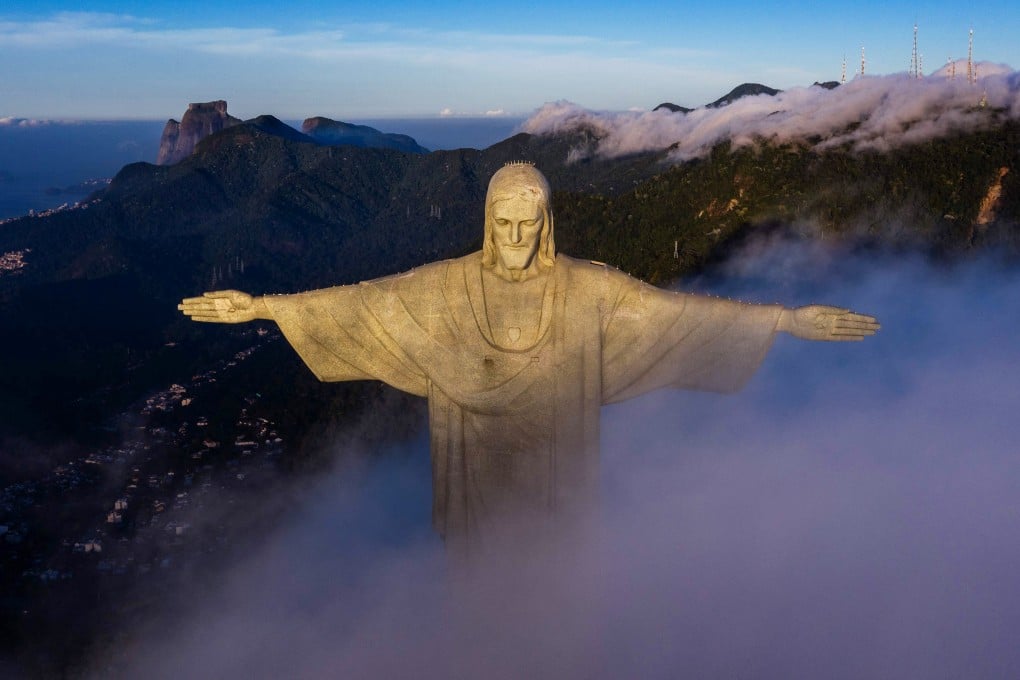‘Most dangerous wonder of the world’ and more things tourists don’t get told by the travel industry
- Tourism boards are more than happy to tout their most popular attractions but far less so to point out the downsides that come with them
- From Thailand’s deadly roads to muggings at gunpoint on the way to Brazil’s Christ the Redeemer, here’s what the travel industry doesn’t tell us

Renowned for its sugary white sand and foaming Atlantic Ocean rollers, Camps Bay, in Cape Town, was once voted as having the best beach in South Africa by TripAdvisor reviewers and is backed by the Twelve Apostles mountain range, which forms part of the Table Mountain National Park.
Wade into the surf, though, and you’ll quickly wish you hadn’t.
The chilly water is influenced by ocean currents from Antarctica. No one tells you this before you visit. Certainly not Cape Town Tourism – and you can’t really blame it.
The solution, if you don’t fancy splashing out on a wetsuit, is to drive to nearby Muizenberg, on the Indian Ocean side of the city, where the waters are a little warmer.

With post-pandemic tourism recovering around the world, here are some other holiday hindrances and downsides that the tourism industry isn’t in a hurry to tell prospective visitors.
Or, put another way, useful information you’ll only discover by doing your own research (or reading this article).